

This comprehensive guide explores the world of wood bolts and nuts, helping you select the perfect fasteners for your woodworking projects. We'll cover different materials, sizes, types, and applications, ensuring you have the knowledge to choose the most suitable options for your needs. Learn about the strengths and weaknesses of various wood bolts and nuts and discover tips for successful installation.
Steel wood bolts and nuts are a common and reliable choice for many woodworking applications. They offer excellent strength and durability, making them suitable for heavy-duty projects. However, they are susceptible to rust and corrosion unless treated with a protective coating like zinc plating or powder coating. Consider the specific environment where the fasteners will be used when choosing steel options. For example, outdoor applications might benefit from galvanized steel wood bolts and nuts.
Stainless steel wood bolts and nuts provide superior corrosion resistance compared to their steel counterparts. This makes them ideal for outdoor projects or applications where moisture is present. While more expensive than standard steel, the longevity and resistance to rust often justify the higher cost. Different grades of stainless steel offer varying levels of corrosion resistance and strength. Hebei Muyi Import&Export Trading Co.,Ltd (https://www.muyi-trading.com/) offers a wide selection of high-quality stainless steel fasteners.
Brass wood bolts and nuts are known for their attractive appearance and corrosion resistance. They are often used in decorative applications or where aesthetics are a priority. However, they are generally less strong than steel or stainless steel, limiting their use in heavy-duty projects. Their softer nature also makes them more prone to stripping under high stress.
Machine screws are commonly used with wood bolts and nuts, offering a clean, precise fit. They typically have a straight, cylindrical shank and are driven with a screwdriver or wrench. The thread type (e.g., coarse or fine) influences the holding power and suitability for different wood types.
Carriage bolts feature a rounded head and a square shoulder under the head. The square shoulder helps prevent the bolt from turning during installation, making them ideal for applications where you need a secure hold. They’re particularly useful when working with thicker pieces of wood.
Lag bolts, also known as lag screws, are large, heavy-duty fasteners with coarse threads and a blunt point. They are often used for joining thicker timbers and are typically installed with a wrench. Their size and coarse threads provide exceptional holding power.
Selecting the appropriate size and thread pitch for your wood bolts and nuts is crucial for ensuring a secure and lasting connection. The size is determined by the diameter and length of the bolt. The thread pitch refers to the spacing between the threads and affects the holding power and ease of installation. Consult a standard bolt size chart for guidance; many are available online. Overly tight wood bolts and nuts can also cause damage, so using the right size is essential.
Proper installation techniques are critical to maximize the strength and longevity of your wood bolts and nuts. Pre-drilling pilot holes is almost always recommended to prevent wood splitting. The size of the pilot hole should be slightly smaller than the diameter of the bolt's shank. Use a countersinking bit to recess the bolt head for a flush or countersunk finish, enhancing the aesthetic appeal of your project. Always tighten the wood bolts and nuts securely, but avoid over-tightening, which can damage the wood or the fastener itself.
| Material | Strength | Corrosion Resistance | Cost |
|---|---|---|---|
| Steel | High | Low (unless coated) | Low |
| Stainless Steel | High | High | High |
| Brass | Moderate | High | Moderate |
Remember to always prioritize safety when working with tools and fasteners. Consult professional resources if you have any questions or concerns about your specific project.



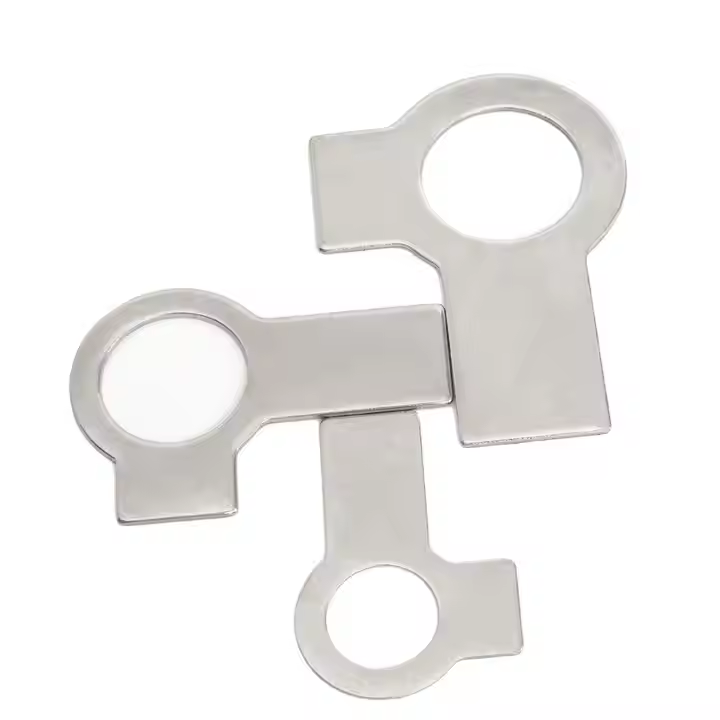

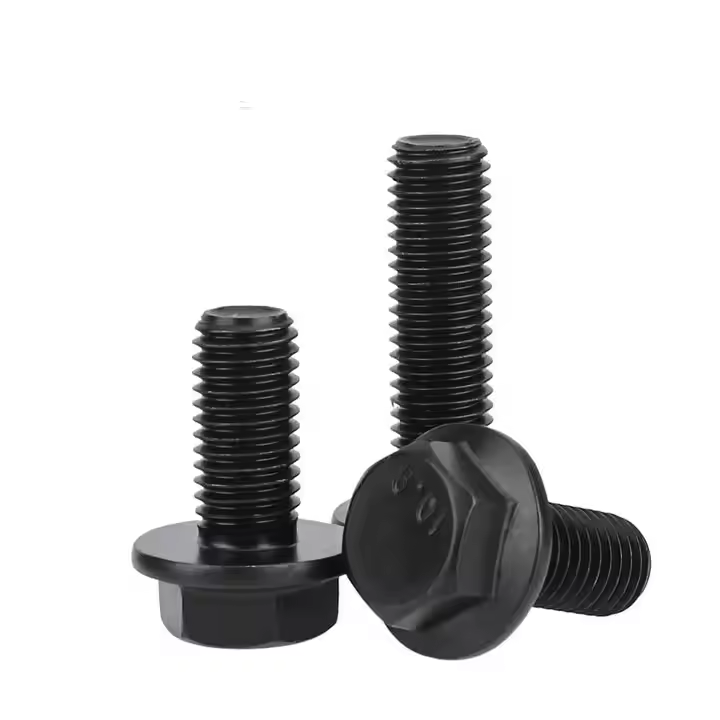
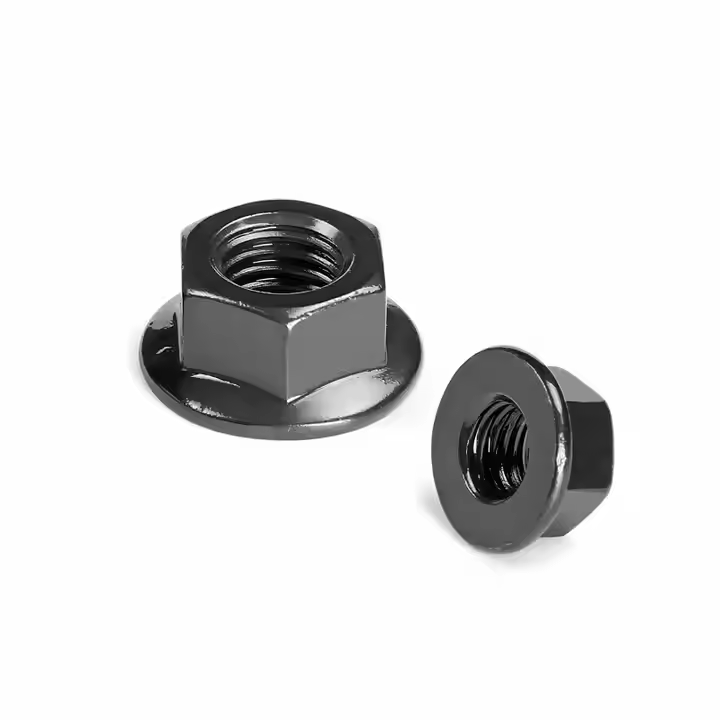

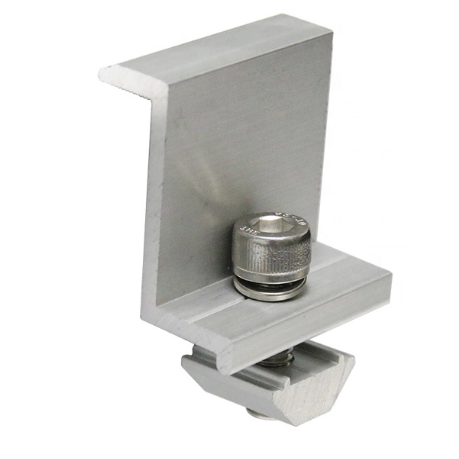
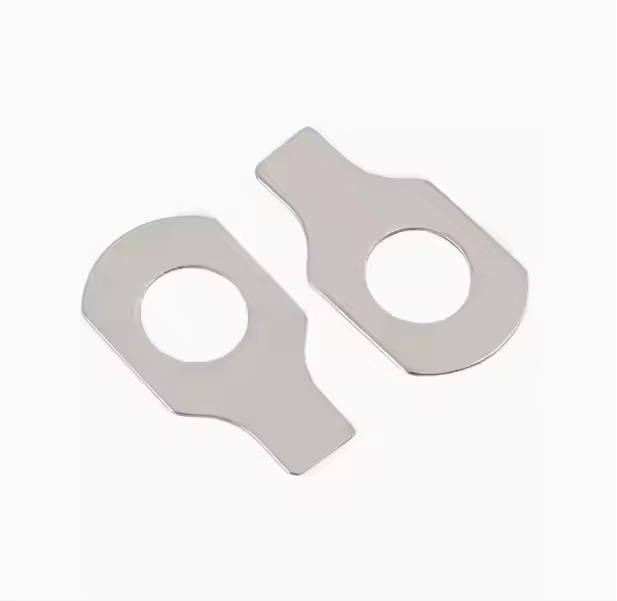


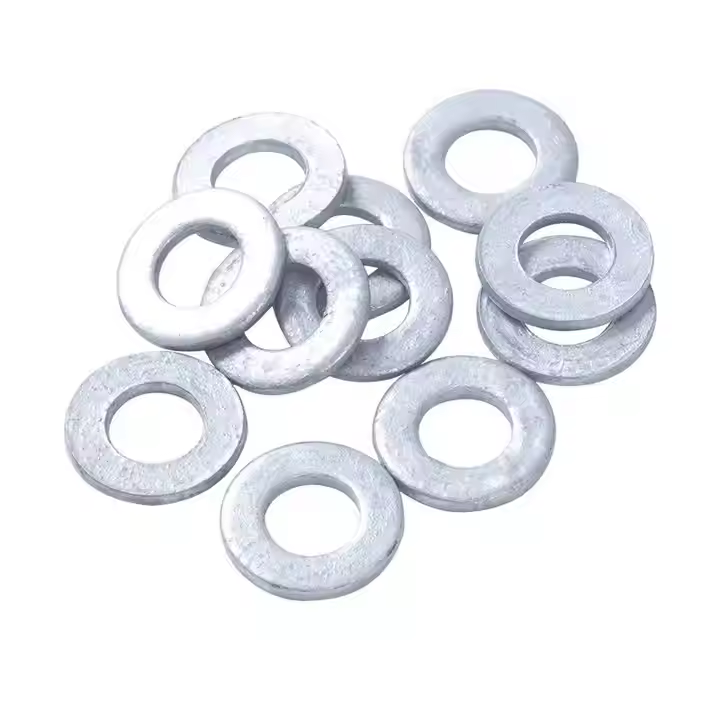
Please enter your email address and we will reply to your email.